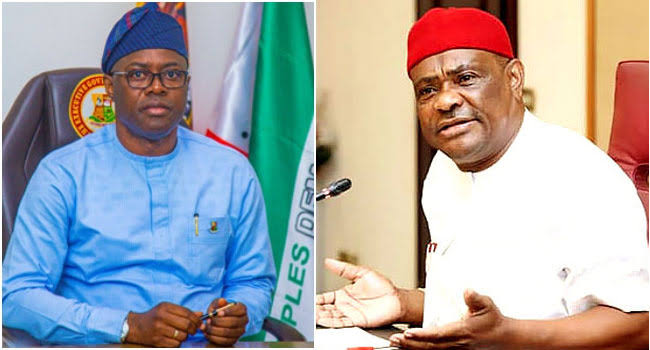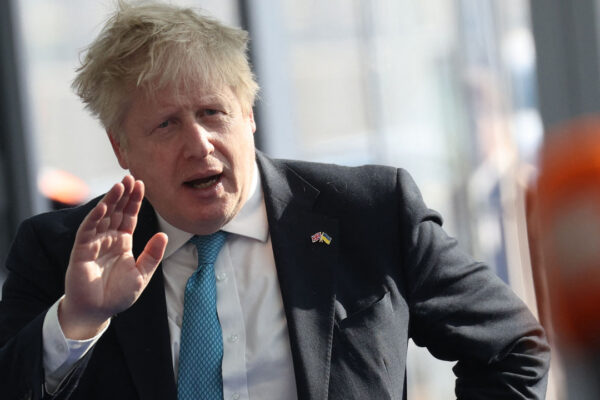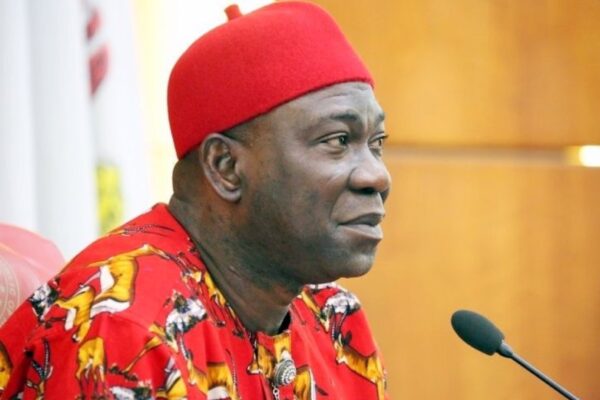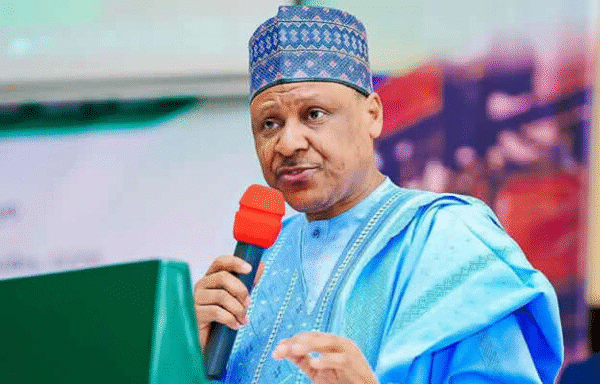The Federal Government has rejected the United Kingdom’s recent travel advisory, asserting that Nigeria is safe for both citizens and foreign visitors amid ongoing security improvements. The UK’s Foreign, Commonwealth and Development Office warned against all travel to Borno, Yobe, Adamawa, Gombe, Katsina, and Zamfara states due to terrorism, kidnappings, and escalating violence. It also advised limiting travel to Bauchi, Kaduna, Kano, Kebbi, Jigawa, Sokoto, Niger, Kogi, Plateau, Taraba, and parts of the Federal Capital Territory, citing rising crime and potential unrest. Speaking to The PUNCH on Sunday, Minister of Information and National Orientation Mohammed Idris said the government is “fully aware of security challenges and is taking concrete steps to address them, ensuring safety for Nigerians and foreigners alike.” Idris highlighted that President Bola Tinubu has recently restructured top security positions and increased investments in military operations and intelligence, adding, “Our security challenges will soon be a thing of the past. Foreign nationals in Nigeria can feel confident about their safety as the government continues to enhance security measures.” The Gombe State Government described the advisory as “unfounded and unfair.” Ismaila Misilli, the state’s DG of Press Affairs, said Gombe remains one of Nigeria’s most peaceful states, with no record of insurgency, communal conflicts, or banditry in recent years. “Gombe is safe, welcoming, and open for business. We question the basis of the UK’s assessment,” he said. Kano State officials also downplayed the advisory, with Chief Press Secretary Mustapha Muhammad noting that the UK may not be aware of ongoing local security measures, including strategic deployment of military personnel to border areas to protect communities. Borno State highlighted significant progress in restoring peace. Governor Babagana Zulum’s Special Adviser on Security, General Abdullahi Ishaq (retd.), said Maiduguri is now safer than the nation’s capital, Abuja, citing successful community engagement that has led to numerous insurgent surrenders. He added that agricultural output has increased due to the relative peace in the region. The UK advisory also warned travelers about risks in the South-East, South-South, and South-West regions, including militant attacks, kidnappings, separatist clashes, and violent crimes in cities such as Lagos. Nigeria continues to face security challenges from Boko Haram insurgency, armed banditry, separatist movements, and militancy in the Niger Delta. Recently, US President Donald Trump designated Nigeria as a “country of particular concern,” citing threats to Christians and directing the Pentagon to consider military options. Idris refuted claims of religious persecution, stating that 17,000 terrorists are currently in custody and reiterating that the Federal Government is committed to ensuring safety for all. The government insists that despite challenges, significant progress has been made, and Nigeria remains safe for its citizens, investors, and foreign visitors.









